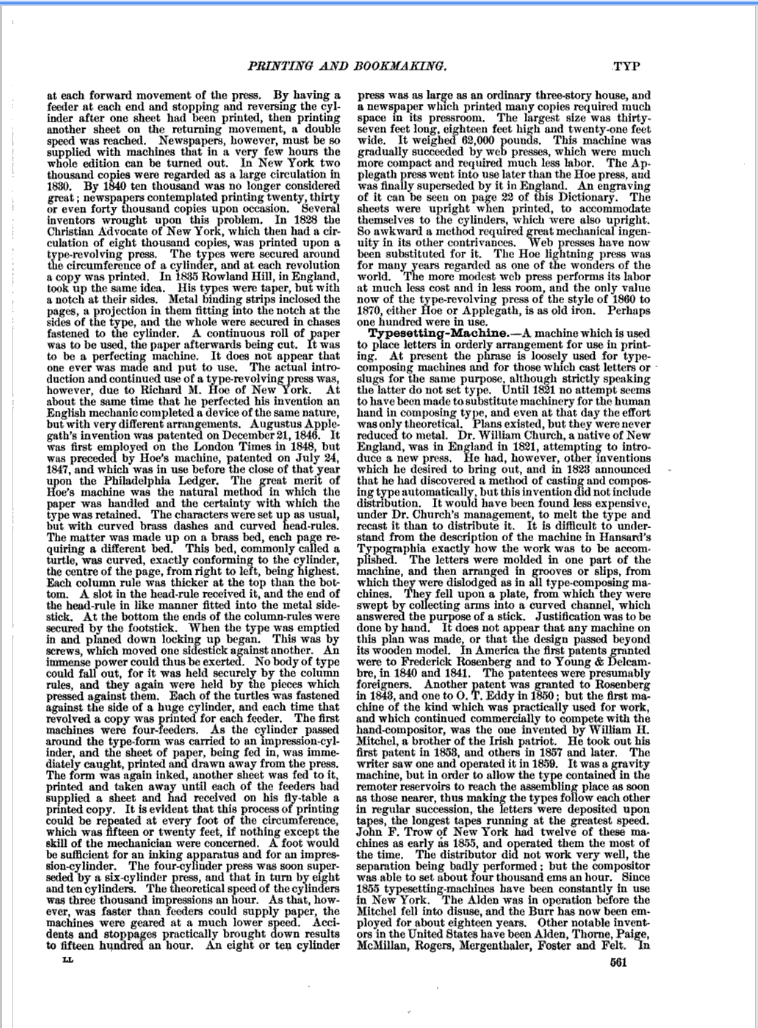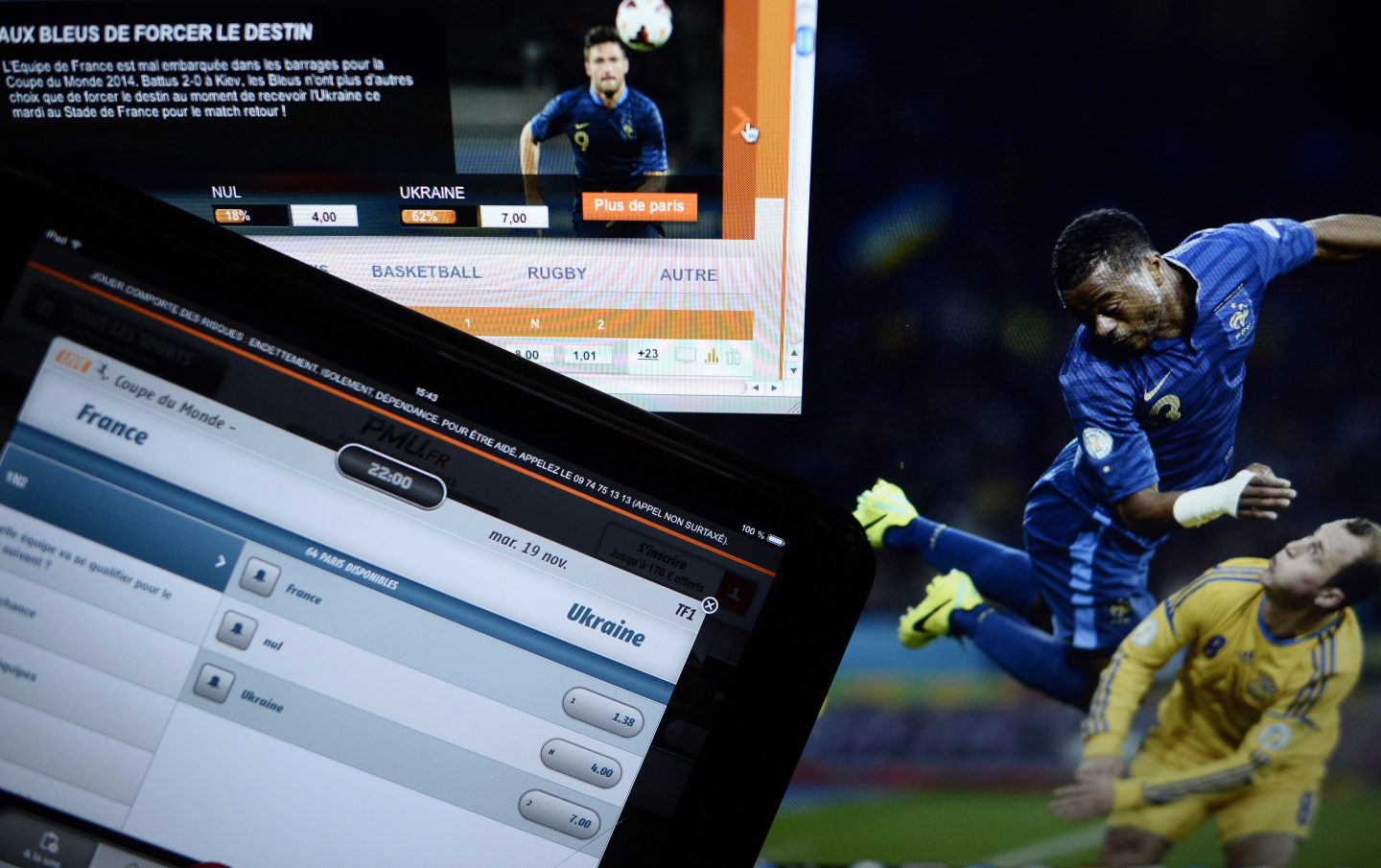Bookmaking Theory


Evolutionary theory also influenced this idea. Darwin’s ideas about living beings that had to adapt to the environment in which they were living also made tremendous impact on psychology. Another development that can be evaluated in this context is the study of animal psychology. Theory are incompatible with decision models based not only on additive and nonadditive probabilities, but also multiple-prior beliefs. We do so by demonstrating violations of the book-making principle in modified forms. Our second objective is to propose a behavioral version of the book-making principle that allows probability. This theory has been applied to a wide variety of phenomena, including the persistence of irrational beliefs and behaviours (e.g., smoking), the effectiveness of certain persuasion and sales techniques (e.g., asking for a small favour before asking for a big one), and even placebo effects. At the narrow end of this dimension are theories that. The unchallenged bible of the publishing industry, Bookmaking is the introduction to editing, design, and production for newcomers, acclaimed as the premier text for students as well as a comprehensive reference for experienced hands. First issued in 1965 and revised in 1979, it has now been thoroughly reorganized and updated to reflect the profound changes in the bookmaking process and in.

Bookmaking Theory Definition

Bookmaking Theory Meaning
I have read the forum with interest for some time, but this is my first post and I hope that someone could possibly steer me in the right direction.
I work as a trader for an online bookmaker, with the majority of my work being focused on pricing up (setting the odds) for football (soccer) matches.
For the most part when it comes to pricing up these matches I essentially have a rough idea in my head of what the prices should be and then adjust those prices in accordance to what the rest of the industry is showing. However I feel that by doing this, I am not making the most of the information available to me and feel that it can be done in a far more clinical manner.
My question is simply - How would you calculate the true percentage chance of a home win, a draw and an away win?
What factors would you hold the greatest weight to and how would you utilise them?
For example, would you look at the league average for a home win, draw and away win and then combine that with each individual teams recent records, also taking into account goal scoring averages? If so how would you do this?
Would you use the respective goalscoring averages in conjunction with Poisson distribution and then take the percentage indicated by specified correct scores and build a percentage chance of a home win, draw and away win from that? (add up the % chance of 1-0, 2-0, 2-1, 3-0, 3-1 and 3-2 for each side for their % win chance and then 0-0, 1-1, 2-2 and 3-3 for the % draw chance)
Would you look at goalscoring supremacy and adjust their goal averages in accordance to whether they were playing at home or away? (Team A average 1.76 goal overall, but 1.89 when at home)
Any help that you could give me would be very much appreciated.
Many thanks
Trisk